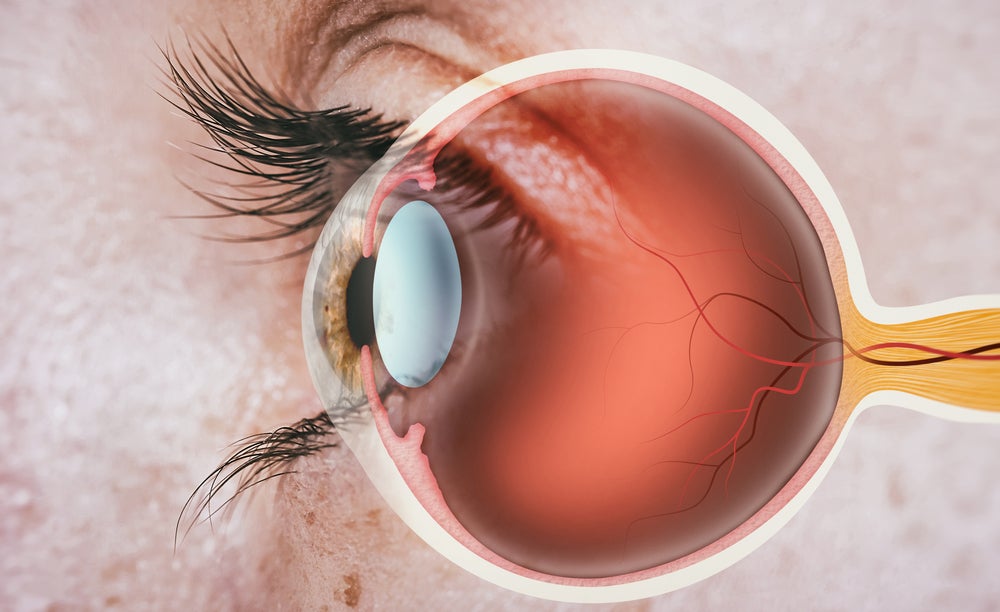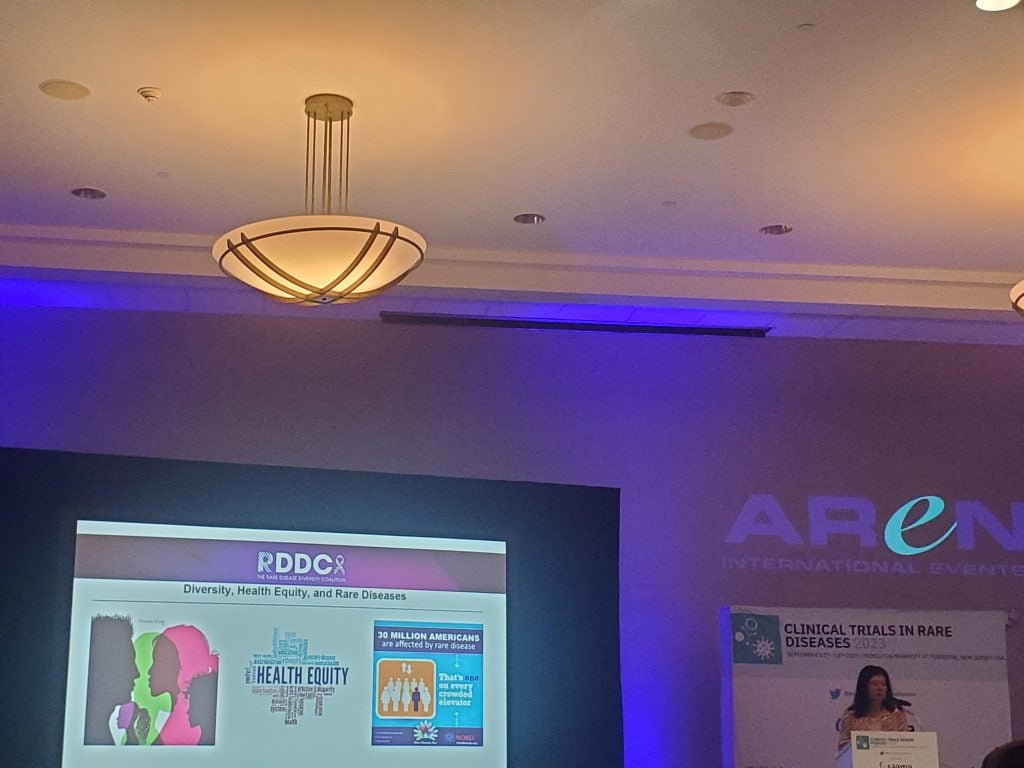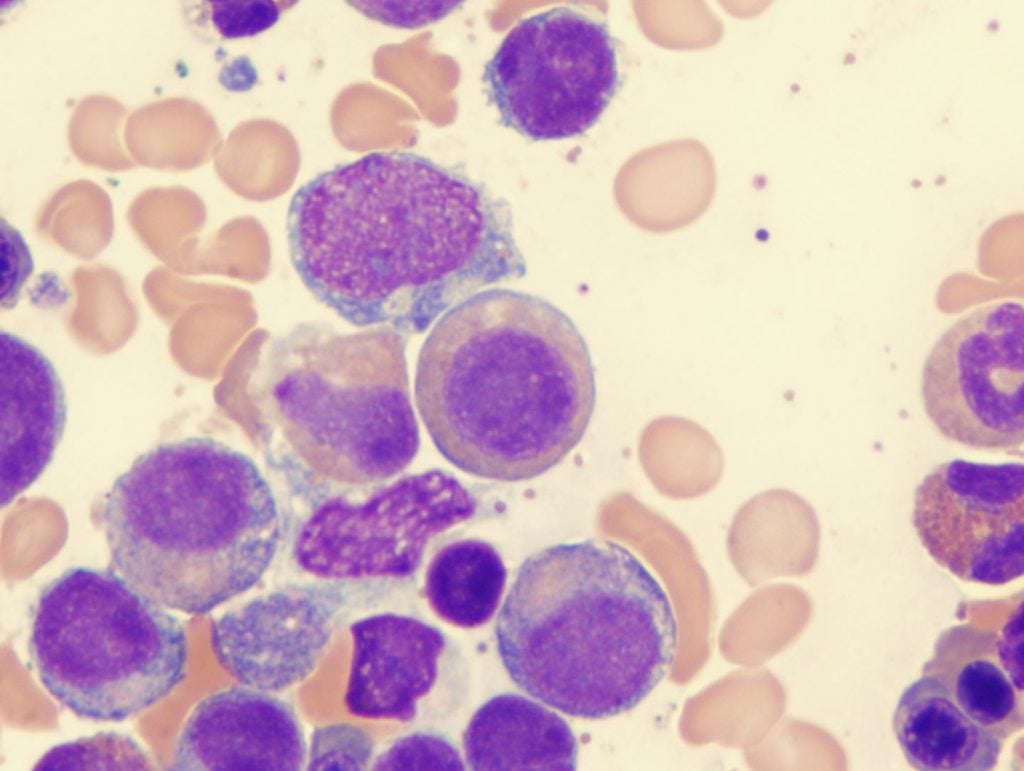Adults in England and Wales with insomnia will have access to a new treatment on the NHS after the therapy's manufacturer Idorsia UK said the National Institute of Care and Excellence (NICE) has released final draft guidance recommending the treatment.
According to Idorsia UK, NICE endorsed Quviviq (daridorexant) after seeing data from two pivotal Phase III studies.
Evidence generated from the studies demonstrated that the drug improved sleep onset, quality and maintenance, as well as reduced daytime sleepiness compared to placebo. Assessments were done after one month and three months.
Once NICE's final technology appraisal is published, the treatment will be available to patients whose insomnia symptoms last three nights or more in a week for at least three months with daytime functioning impairment. Patients will also need to have already tried cognitive behavioural therapy (CBTi) without success to access the treatment, or not be able to undertake CBTi in the first place.
NICE recommends that treatment length with the drug should be as short as possible and that a three-month assessment should be undertaken to ascertain whether it is worth continuing to take the tablets. NICE has recommended a dose of 50 mg once per night, taken half an hour before going to bed. The dose is halved for patients with liver impairment or taking certain other medications, such as CYP3A4 inhibitors.
Quviviq, which received Medicines and Healthcare products Regulatory Agency (MHRA) marketing authorisation in the UK last year, works by selectively blocking receptors in the brain that are part of a neural system important in promoting wakefulness. Two types of receptors reside in this system, named the orexin system – due to the neuropeptide that mediates wakefulness, called the orexin receptor type 1 (OX1R) and orexin receptor type 2 (OX2R).
Quviviq targets both, meaning it will be the first dual orexin receptor antagonist to be available on the NHS. Idorsia says that its treatment can treat insomnia whilst avoiding adverse next-morning effects, such as grogginess.
The drug also received marketing authorisation in Canada in May 2023.
Dr David O'Regan, consultant in psychiatry and sleep medicine at Sleep Disorder Centre, Guy's Hospital, London, said: “Today's announcement by NICE represents a significant breakthrough for chronic insomnia patients.
"While other treatment options for insomnia are available, these may not be suitable for long-term use, effective for all patients or specifically licensed for the treatment of chronic insomnia. It's very encouraging that NICE has made this recommendation.”















